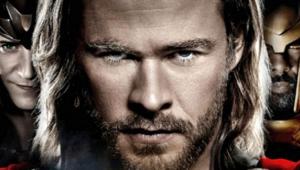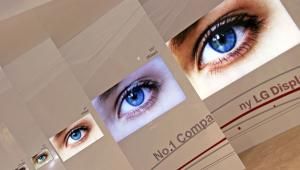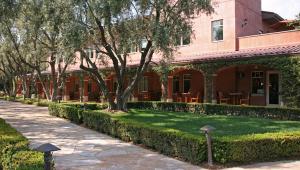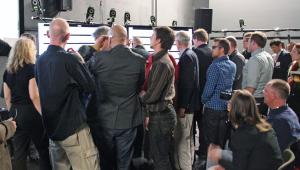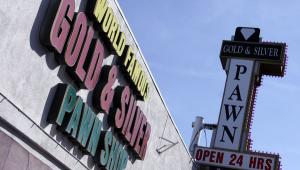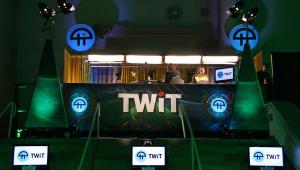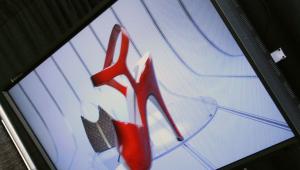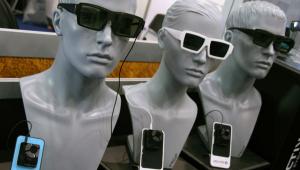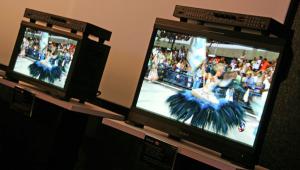Steve Jobs: Never Enough
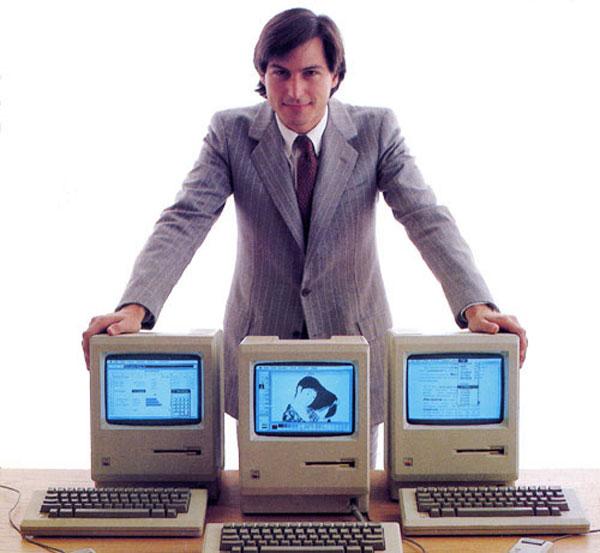
After programming an IBM mainframe with punchcards in college, I wasn't all that interested in owning a computerI was much more enthralled with electronic-music synthesizers. But when I first read about the Macintosh in the inaugural issue of Macworldwhich I still haveI knew that was the computer for me. The WYSIWYG (what you see is what you get) display, GUI (graphical user interface), pull-down menus, and mouse seemed so much more intuitive than text-based, command-line computers. To me, the Mac was, as Jobs so aptly put it, "insanely great."
My first computer was a Macintosh 512K, the second generation of Mac with a whopping 512KB (that's kilobytes) of RAM and a single 5.25-inch, 1MB floppy-disk drive. My friend Larry Ullman and I each bought one directly from Apple under the company's software-developer program with the intention of creating music-notation software analogous to a WYSIWYG word processor. We never completed that projectMark of the Unicorn beat us to it with Composerbut it started me on a lifelong affinity for the Mac.
Of course, Apple has never held more than a small fraction of the market share in personal computers, which is fine with me. For one thing, crackers don't often bother writing malware for the Mac since it represents such small potatoes in the scheme of things. And while business users gravitated toward the IBM PC and its offshoots, artists and other creative types embraced the Mac, developing insanely great programs for music, graphic arts, and publishing, all of which wereand continue to bethe activities I pursue most avidly.
Since then, of course, Apple has expanded its reach way beyond personal computers to smartphones and portable media devices as well as media distribution, and in these cases, its market share is far greater than most of the competition. In fact, the company essentially created these categories with products that others now try to emulate. An iPod has accompanied me on my walks and bike rides for years, though I admit I'm behind the iPhone curveI intend to get my first one later this month when the 4S comes to Verizon. Hey, I'm not immune to the "I'll wait for the next generation" trap!
I don't buy much music on iTunesI'm happy with my ripped CD collectionthough my wife buys a lot of music there. On the other hand, I'm proud that my Home Theater Geeks podcast is available on iTunes and gratified that it was recognized as one of the most popular podcasts on the service in 2010.
Yes, Apple products are more expensive, and the Apple ecosystem is much more closed and tightly regulated than Windows, Linux, or Android. But I believe this has resulted in much greater reliability, stability, and consistency, which I strongly prefer over the ability to tweakand potentially breakthe hardware and software I use every day. And let's not forget the sheer beauty of Apple's industrial design, which definitely places its products above the pack in my eyes.
To paraphrase the Haggadah (the Jewish text read at Passover), if Steve Jobs had only created the Macintosh, dayenu (which means "it would have been enough"). If he had only created the Mac and iPod, dayenu. If he had only created the Mac, iPod, iPhone, iPad, and iTunes, dayenu. But for him, it was never enough. During his time away from Apple after being ousted in 1985, he bought Pixar from Lucasfilm, building it into one of the world's most successful studios that produces some of the best animated movies ever made, which gives us a lot to write about here on HomeTheater.com.
And so my deep appreciation goes to Steve Jobs for changing the world of computers, communication, and media, and in so doing, profoundly improving the way I work and play. Clearly, his accomplishments are more than enough for any lifetime.
Oh, and one note to those who now run Appledon't screw it up like the last time Jobs was compelled to leave. This time, he can't come back and pick up the pieces.


